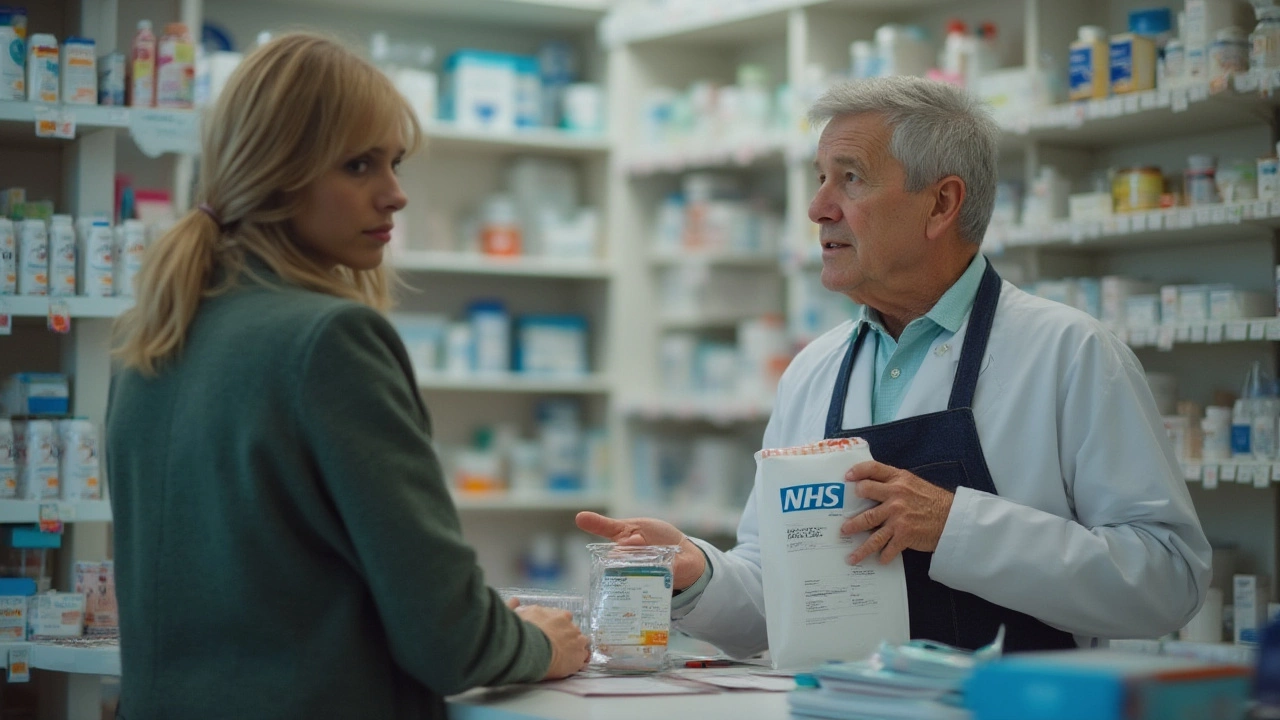Pharmacy Bills: How to Read, Reduce, and Avoid Surprises
If you’ve ever opened a pharmacy bill and felt confused, you’re not alone. Most people think the numbers are random, but they follow a clear pattern. Knowing what each line means can stop over‑paying and help you plan your budget better.
What Shows Up on a Pharmacy Bill
First, look for the drug name and dosage. Next you’ll see the unit price – that’s the cost for a single tablet, capsule, or milliliter. Multiply that by the quantity you bought and you get the gross amount. In the UK, the NHS may cover part of that price, which appears as a dispensing fee or a patient contribution. Private prescriptions add a service charge set by the pharmacy.
Other common items are:
- Prescription charge (currently £9.35 per item in England)
- Additional fees for emergency supplies
- Discounts from loyalty programs or bulk purchases
Understanding each entry lets you spot errors – like being charged twice for the same medication.
Tips to Keep Your Medication Costs Low
1. Check for NHS exemptions. If you’re over 60, on a low income, or pregnant, you might get free prescriptions. Ask your pharmacy to verify.
2. Ask for a generic alternative. Generic drugs have the same active ingredient but cost 30‑80% less.
3. Combine repeat prescriptions. Picking up several months at once often reduces the dispensing fee.
4. Use a prescription pre‑payment certificate (PPC). Pay a flat fee for up to a year’s worth of prescriptions and avoid per‑item charges.
5. Shop around. Independent pharmacies sometimes offer lower prices than large chains, especially for over‑the‑counter items.
6. Watch for hidden fees. Some pharmacies charge for blister packaging or delivery. Ask if you can skip those services.
7. Talk to your doctor. If a medication is very expensive, ask if a cheaper alternative exists or if a smaller dose will work.
Finally, keep a digital copy of every bill. It makes it easy to compare prices over time and catch any sudden spikes. If you spot a mistake, call the pharmacy right away – most will correct it on the spot.
By reading the fine print, using NHS exemptions, and asking the right questions, you can turn a confusing pharmacy bill into a clear, manageable expense.
Prescription Payment Problems: What Actually Happens If You Don’t Pay?
Learn what really happens if you don't pay for a prescription. From denied refills to collection risks, find facts, tips, and real consequences—written simply and clearly.

